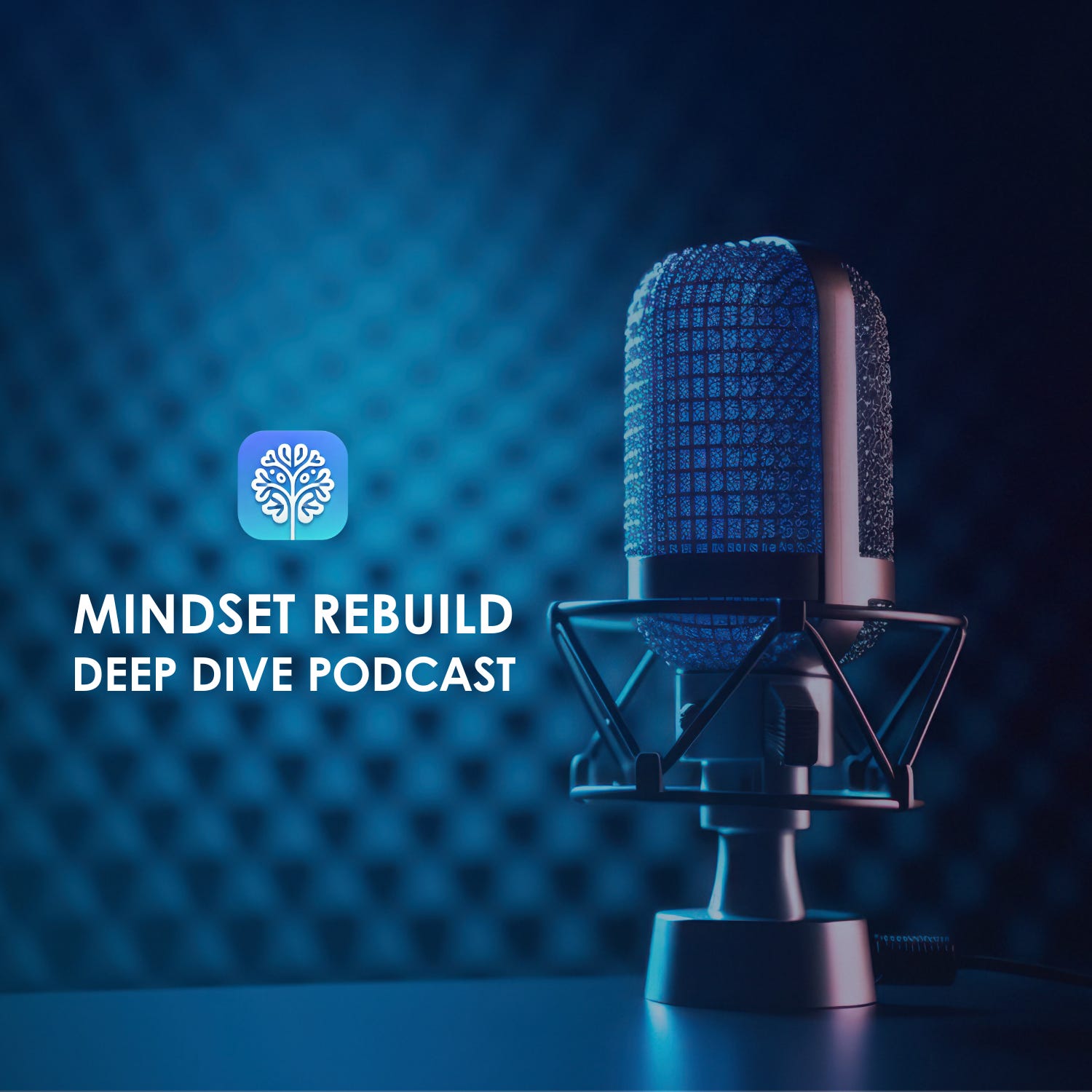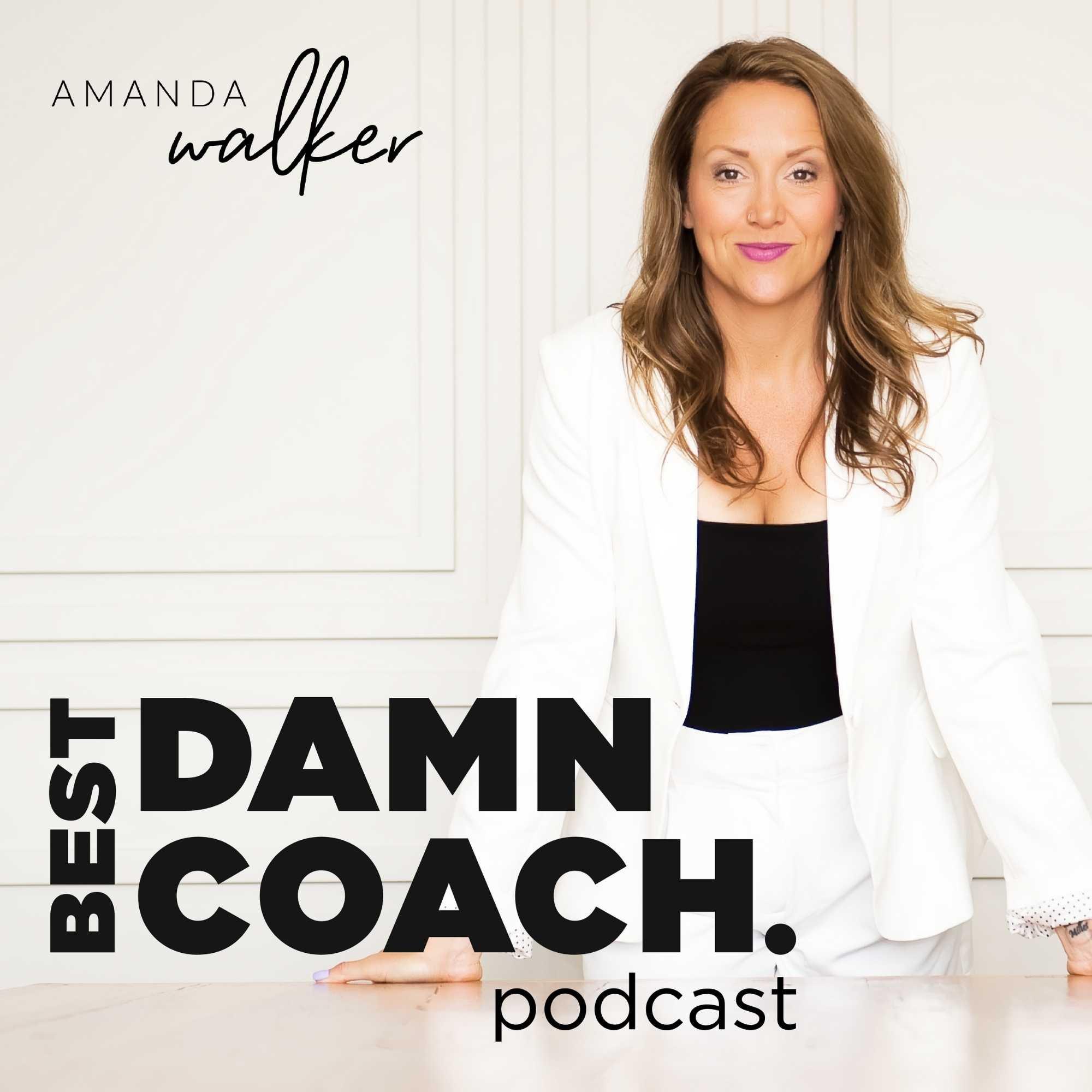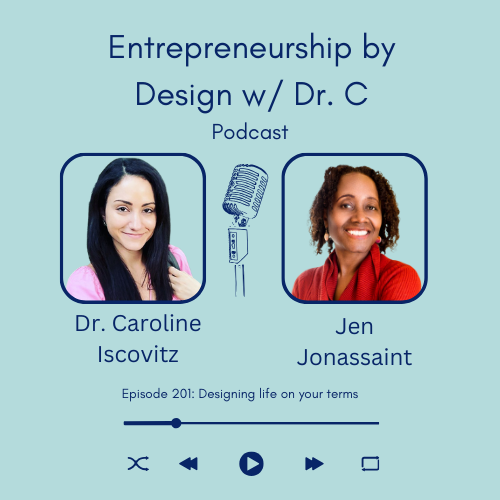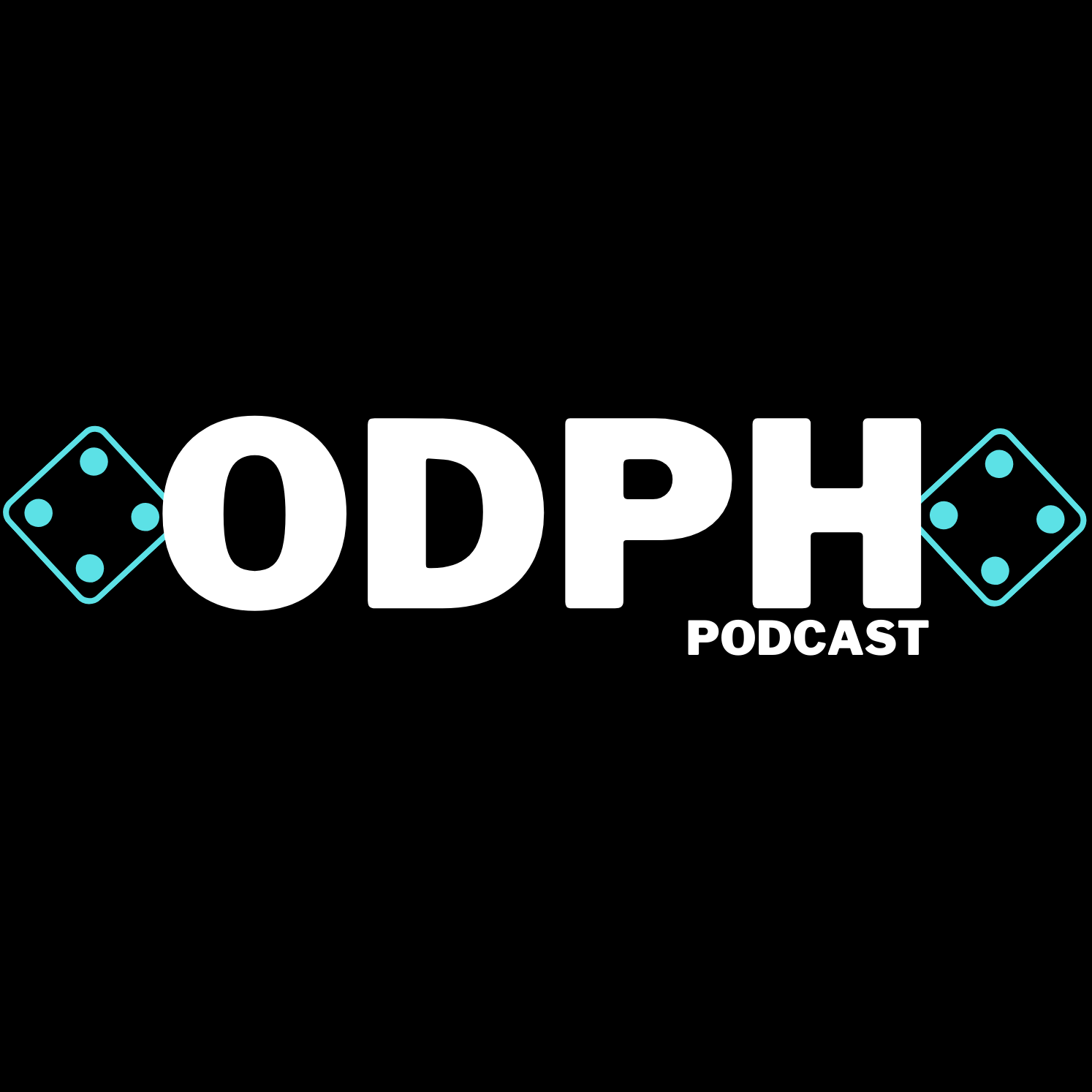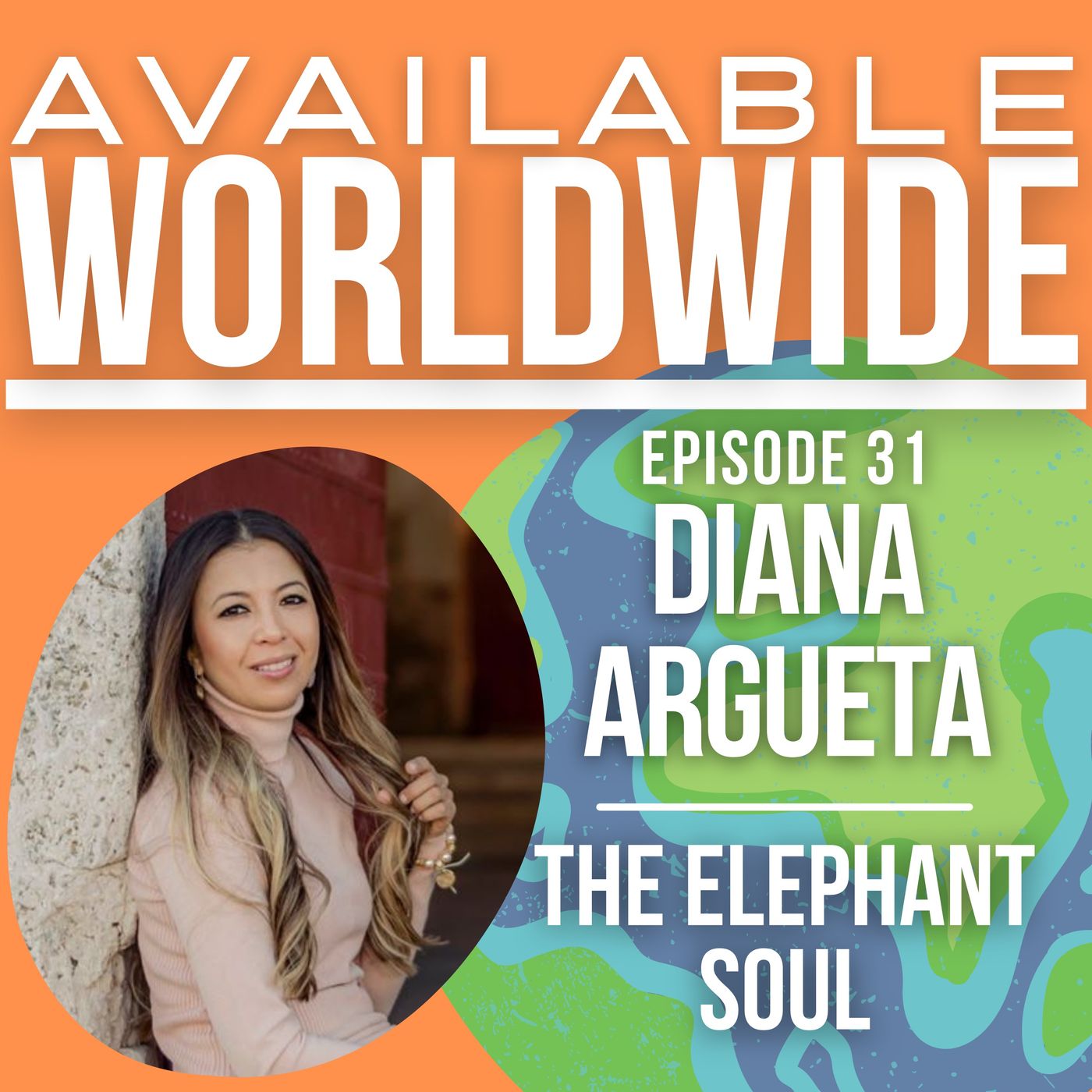In this episode, Sachin interviews Yuri Elkaim. Yuri is prolific in the athletic world and the health and entrepreneur space. Sachin met Yuri at a conference that Peter Osborne was hosting. Yuri was onstage and “knocked it out of the park.” Yuri shares many nuggets of advice for the health practitioner who wants to move up to the next level. Listen in for a perspective that may improve your practice. Key Takeaways: [1:40] Sachin welcomes Yuri Elkaim to the Perfect Practice podcast. Yuri is a former pro athlete and current entrepreneur in the health and athletic space. Sachin looks forward to today’s conversation with Yuri about business and personality in the health space. [3:14] Yuri trained, played, and competed in soccer from age 10, to become a pro player. He played professionally in his early 20s. When he was 17, he lost all his hair in six weeks, from an autoimmune disorder, alopecia. Before his hair loss, he had a lot of hair. Going from a full head of hair to bald in senior year was a transition, but his friends accepted it. [5:12] Developing alopecia was one of the greatest things that happened to Yuri. It opened his eyes to what was going on with his health. Besides Western medical doctors, he was introduced to some amazing alternative practitioners. Nothing worked for his alopecia, but he is grateful for his exposure to these practices. [5:59] Yuri studied kinesiology and health sciences at the University of Toronto and played pro soccer in France. After Yuri retired from pro soccer around 24, he came back and decided to pursue studies in holistic nutrition. That’s when his life changed. He was being exposed to information he never knew existed. He started applying what he learned. [6:31] After about two months of cleaning up his diet at the university, Yuri grew back pretty much all his hair. The diet was such a profound change and he had so much more energy. He worked with personal training clients, practicing what he had learned in school. He realized that there were billions of people who didn’t know the holistic nutrition practices he had learned. [7:29] That set Yuri on a mission. He started writing a book in the back row of nutrition class. Eight years later, he published the New York Times bestseller, The All-Day Energy Diet. Yuri’s passion for wanting to help others came from his own struggle. He struggled for seven years trading time for money as a one-on-one trainer-nutritionist; overworked and underpaid. [8:18] Yuri had a bigger vision, wanting to help more people. He went online in 2005 and tried to figure it out for himself. It didn’t happen for three years. Then he hired a coach and things started to take off. With mentorship, coaching, and guidance, Yuri started to build a pretty substantial business. He helped half a million people to better health [8:50] Yuri sold the company 13 years after starting it. During those 13 years, a lot of people had come to Yuri for business advice. He saw a space in the market and he started his current company, Healthpreneur®.about seven years ago. Some amazing health practitioners don’t know how to get their message out. [9:36] Yuri seeks to help them to build better businesses. His vision is to help a billion people improve their lives in some way, shape, or form. He knew he couldn’t get there, direct to consumer, but he thought if he had these skills and capabilities to help other practitioners build better businesses, virtually, then they could help more people and reach that goal collectively. [10:22] Yuri truly cares about helping people stand in their power, shine their lights, and become the best version of themselves so they can share with more people. That’s what he is here to do. He works hard because it is so much joy. [11:34] Yuri discusses practitioners who are not moving forward. There are some mindset blocks common to health professionals that keep them small. One is the need to be liked. They don’t want to post too much or email too often. Don’t worry about the few people who might unsubscribe. Inspire others to be who they can be. Don’t be afraid of sales! [13:43] Another thing that holds practitioners back is a bad money mindset. There’s a mindset that healthcare should be given to others for free. Some people delegate their health to others instead of taking responsibility for it. When a practitioner offers a package for $3,000 for an outcome, some people are offended. But people don’t do anything unless they pay. [15:07] Yuri talks about the self-inflicted lifestyle disease of diabetes 2. People about to have a leg amputated are not likely to turn their lives around. Give people a hand-up, not a handout. Don’t be a martyr in the service of other people. Practitioners end up giving their services away for too little and work themselves to the bone, leading to burnout. [16:14] Yuri’s mission with Healthpreneur® is to help health entrepreneurs and practitioners make their dreams happen in the service of other people. [18:03] Yuri and Sachin talk about how practitioners develop the mindset that their services are not worth a lot. Yuri tries to get health practitioners to recognize the value of what they do. If we’re in the business of transforming people’s lives, the best thing we can do is charge a premium price. Thinking a $20.00 diet book will change lives is delusional. [22:52] We don’t have to serve everyone on the planet. You have to be very clear about whom you want to work with, who would be a joy to serve, and for whom you could produce the best results. If some people are not ready to step up to that level, support them however you can with content until they are ready to work with you. [23:13] Recognize that we can transform people’s lives. How do you put a price tag on someone who’s been dealing with weight issues for 20 years? If you can’t help yourself, you can’t help anyone. Fill your cup first, before giving your services away. [25:12] Yuri recalls his process for hiring a good business coach. For years, he resisted hiring a coach because he didn’t want to pay; he thought he could figure it out for himself. But after spending six figures on your education, isn’t some kind of mentorship worth the investment? If you're not where you want to be, you’re not good enough. Find someone who’s been there. [26:04] Do you value your time or your money more? If you are willing to spend your time to save money, then you value your money more. If you are willing to spend money to save time, then you value your time more. Posting on social media is not free. It costs you the thing you never get back, your time. If you don’t pay to play, you value your money more than your time. [28:08] It’s time to stop preparing with extra certifications and a curriculum. Don’t fear that you’re not good enough for your clients. Work with your clients and you’ll build the bridge as you go. [31:25] Never take criticism from someone you’d never take advice from. Being online, you have to develop a thick skin. Don’t engage with accounts talking trash online. Delete the comments. Don’t give them any fuel. [32:00] Yuri shares an anecdotal story about himself. In his late 20s, his hair had come back. When he was 31, he got a tetanus shot. His hair all fell out again and for two years he applied makeup eyebrows. He didn’t want people to see a health guru with hair loss. He decided to stop the makeup after two years and he taped a YouTube video explaining what had happened. [35:03] When you’re sharing yourself in everything you do, whether it’s social media, content, or whatever, the best thing you can all do is be the fullest version of yourselves. That’s what appeals to people. They want to see the real you. There’s always a group of people looking for someone they have an affinity to. If you don’t share your true self, you may never find them. [37:05] When Yuri revealed himself without eyebrow pencil, it was a relief and it felt like taking off a weighted vest. He recalls going for a dive in the ocean. It was cathartic and beautiful. He believes our business only grows to the extent that we do. He wouldn’t be where he is now, had he not revealed himself. [39:23] Yuri got into debt, got out of debt, and turned himself around financially. His mistakes allowed him to improve and get to where he is now. When he invested in products, he didn’t build skills. When he invested with a coach, he did. [43:32] When Yuri asks practitioners why they invested hundreds of thousands of dollars in Naturopathic College, it comes down to having the capability to help people. That tells Yuri that this person values investing in their skills. Then he asks, wouldn’t it make sense for them to invest in business skills, so they can repay their debt and go where they want to go? [44:24] If Yuri invests in advertising and can turn a profit on it in a month or two, that is a great return. In contrast, real estate takes more than seven years to double in value. If you invest in a coach, how long will it take you to turn a profit? [45:04] Value is an extraction game. It’s most often caught, not taught. Take full ownership of your results. Don't look for a guarantee. Did Naturopathic College give you a guarantee? A lot of fear comes from small thinking and small vision. When Yuri invested $18,000 in coaching, it was like he had been dropped into the ocean and had to find a way to swim to shore. [48:00] The payoff is worth it. People get hung up on the price instead of the payoff. They’re comfortable in their current situation instead of thinking about what their vision looks like. If your vision is to pay the bills, just go work for someone else. There are many mediocre businesses and it doesn’t take that much to be a lot better than them. You just have to have a bigger vision. [49:54] You may not be an entrepreneur if you don’t have self-belief. If you don’t believe in yourself, no one else will. The odds are so stacked against you in business that you have to have what Yuri calls “delusional optimism.” You have to persistently think that you’re going to make it work and the universe is supporting you. Most people don’t have that. [51:17] You have to have drive. You have to have a big vision or it’s not worth attempting. You can change the model from one-to-one care to working with thousands of clients at once. [52:28] You have to have humility and coachability. Delegate. Yuri hasn't delegated marketing yet, because he does it best, but it is holding him back from additional growth. Yuri is humble enough to recognize that there are people way smarter than him in certain verticals, and he has to get out of their way and allow them to drive the bus. [54:21] You have to be so committed to the vision you want to build. Yuri would never consider throwing in the towel. An entrepreneur, at the core, wants freedom but it doesn’t mean lying on a beach. Yuri works now more than when he was a personal trainer but he loves his work. He wakes up at 4:00 a.m. to get to it. [55:24] For Yuri, it’s not about the money. It’s about the growth and who he gets to become as he goes through this journey. What problems will he learn how to solve? A lot of entrepreneurs are very growth-oriented and they relish that growth and that contribution. The grass is not greener on the other side, it’s greenest where we water it. You’ll always deal with the same stuff. [56:47] If you are committed to a great life and contributing in a big way, you know in your core that you’re unemployable, and you have ideas that you want to bring to life, then you have to pursue that. If you can make decisions, take action, pivot quickly if something doesn’t make sense, have mentorship and guidance, and fire in the belly, go for it. Not everyone has that. [58:02] Yuri talks about aspects, traits, and elements he admires in specific people. Greatness lies in committing to the process. Yuri is transparent with the people who work with him. He sets expectations properly. It will be hard. There are no guarantees but there is help all along the way. What success looks like in Yuri’s life is putting together things he has learned from others. [1:02:41] Yuri’s day starts at 4:00 a.m. He drinks a bottle of water and reviews his vision. He has an app where he has all his goals and his visualizations and he reviews that for five minutes. He doesn’t go on social media. Then he gets into his most important work from 4:30 to 8:00, doing thought leadership in a Google Doc or a notepad. [1:04:13] Yuri hangs out with his kids until they ride their bikes to school around 9:00. Then he does meetings on Monday or has focus time until 11:00. From 11:00 to 3:00 or 4:00 there are more meetings and interviews. Some days he goes outside. He works out for 45 minutes every day and walks or runs five K every day. Yuri stretches every day. Activity is very important. [1:05:21] Yuri does a minimum of 30 minutes of learning every day, reading, listening to podcasts or audio; something to broaden his mind. He coaches his clients a couple of times a week, coaches his team, and looks at how they can continually elevate the business. Then it’s family time, dinner time, and taking the kids to soccer. He gets joy from his routine. [1:07:48] Sachin thanks Yuri Elkaim for this conversation. Sachin invites you to go back and listen again, as there are a lot of nuggets. You could listen again in 30 days and pick up something different. [1:08:21] Learn more about Yuri or get in touch with him on the podcast The Healthpreneur Show, Instagram, and YouTube. See the links below. Mentioned in this episode Perfect Practice Live The All-Day Energy Diet: Double Your Energy in 7 Days, by Yuri Elkaim More about your host Sachin Patel How to speak with Sachin Go one step further and Become The Living Proof Perfect Practice Live
[email protected] To set up a practice clarity call and opportunity audit Books by Sachin Patel: Perfect Practice: How to Build a Successful Functional Medical Business, Attract Your Ideal Patients, Serve Your Community, and Get Paid What You’re Worth The Motivation Molecule: The Biological Secrets To Eliminate Procrastination, Skyrocket Productivity, and Get Sh!t Done









